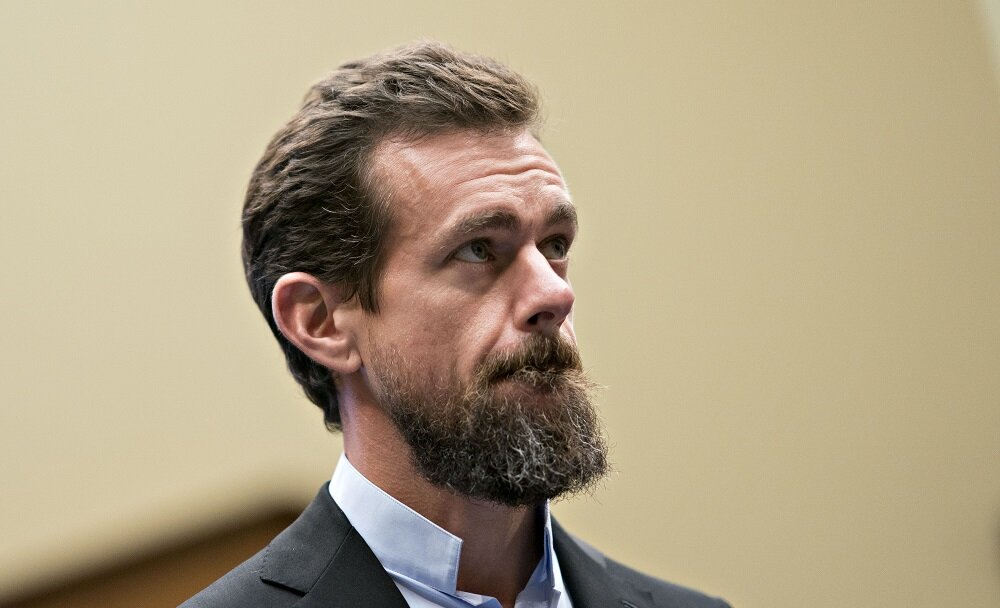Social media advertising has become such a conventional online activity that most of us automatically scroll past ads in our newsfeeds without a second glance.
For many people, however, the variety of social media ads that they’re served is about to get a lot narrower.
On 30 October, Twitter CEO Jack Dorsey made the surprise announcement that the platform would ban all political advertising, beginning 22 November 2019.
The announcement stated that the ban would be enforced globally and would apply to all ads relating to electioneering and political issues. According to Dorsey, the decision was made on the premise that “political message reach should be earned, not bought”.
The announcement inevitably put pressure on Facebook to follow suit, although following recent revelations regarding its refusal to fact-check political ads, it seems unlikely to do so.
While the move was initially largely praised as a step in the right direction for social media advertising, there were those, including US Presidential candidate Elizabeth Warren, who quickly raised concerns about the lack of clarity in the announcement regarding equality in the implementation of the policy.
What does this mean?
In the three weeks since the announcement, Twitter has clarified some of the confusion surrounding the ban and who will be impacted by the changes.
Under the more refined final policy, political ads are defined as content that references a “candidate, political party, elected or appointed government official, election, referendum, ballot measure, legislation, regulation, directive, or judicial outcome”.
However, ads that call for ‘civic engagement’, like voter registration, will still be permitted, although the definition of civic engagement seems like a vague catch-all term.
One significant exception to the new rule is ads by news outlets, which will be allowed to promote reporting of political issues but will be banned from posting a direct endorsement of a political candidate.
It will be interesting to watch how this exception plays out. Not all reporting is impartial, and we don’t yet know how rigorous Twitter will be when it comes to coverage that doesn’t blatantly endorse a candidate but does so indirectly.
However, if Twitter is as lax with this policy as it is with its ‘hateful conduct policy’, then there may yet be more tweaking to be done.

Who does it affect?
While this new policy appears to have been developed with the best intentions, it will undoubtedly have an impact on political underdogs and newcomers.
Social media advertising is significantly cheaper than traditional media and has been used by political campaigns and social action groups to broaden the reach of their message.
To many, the introduction of a political ad ban seems justified given the multitude of investigations and scandals that have plagued several recent high-profile elections.
Since Cambridge Analytica made headlines in 2016, social media advertising has generally been viewed with suspicion. The fact is that while paid social media advertising has been used for more nefarious purposes, it has also opened up a world of opportunity.
This isn’t exclusive to the world of politics and social issues. Brands and organisations have been able to use paid social media advertising not only to sell products, but to introduce themselves to new audiences.
Although the new Twitter policy is unlikely to have an impact on everyday use of the platform, it did cause company stock value to drop by 1% in the hours following the announcement.
While it’s inevitable that Twitter’s move will be scrutinised, leading to additional changes, it remains to be seen whether it will have an effect on the outcomes of political activity.
With the impending general election in the United Kingdom essentially acting as the first major testbed for the new policy, we may find out sooner rather than later how impactful the Twitter platform really is.

About the author
Amy is a Digital Executive at PR360. She helps clients to build brand awareness and connect with their audience using social media. Amy likes keeping up to date with the latest social media developments and bringing fresh ideas to a project, usually with a cup of coffee in hand.
